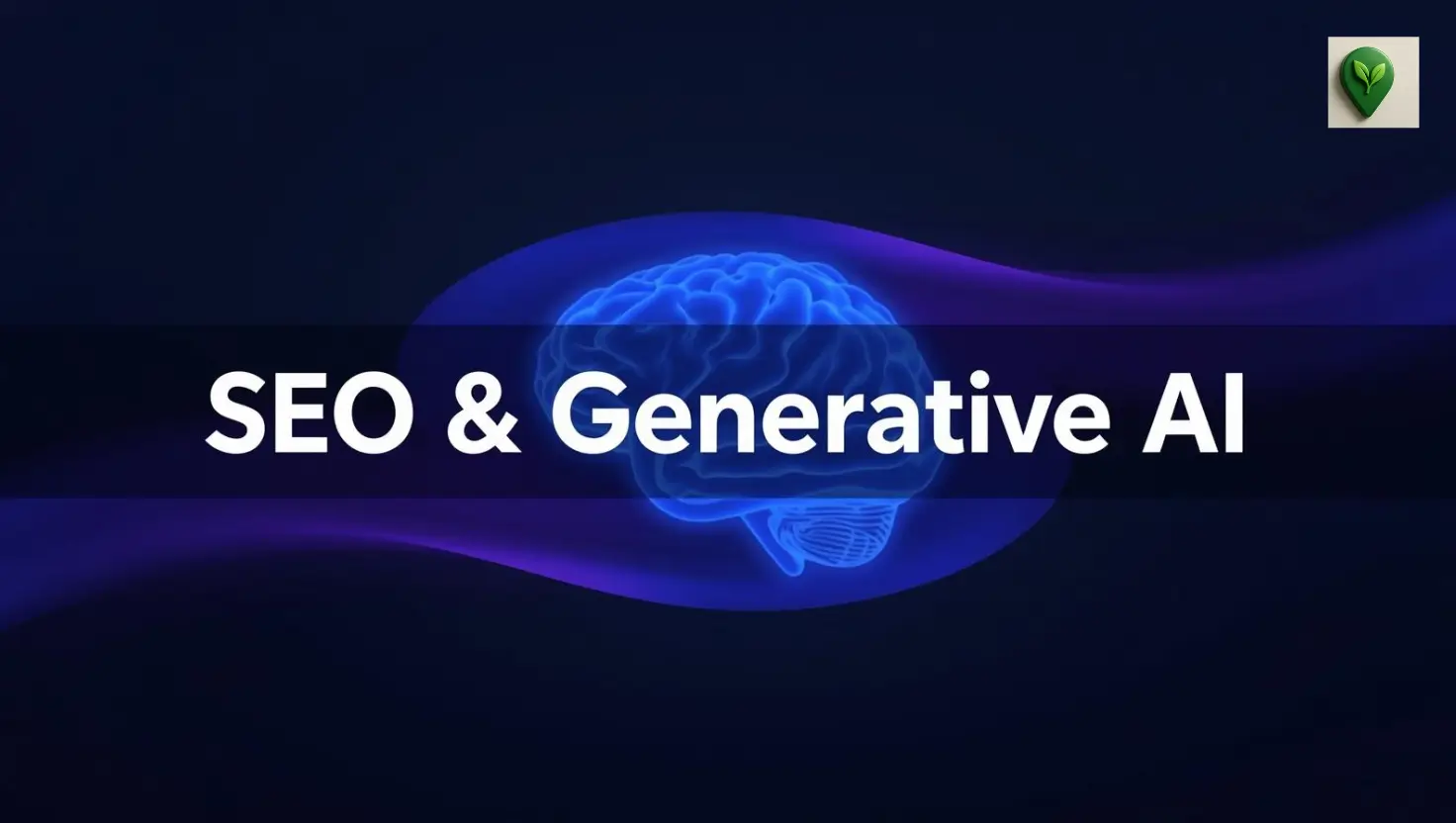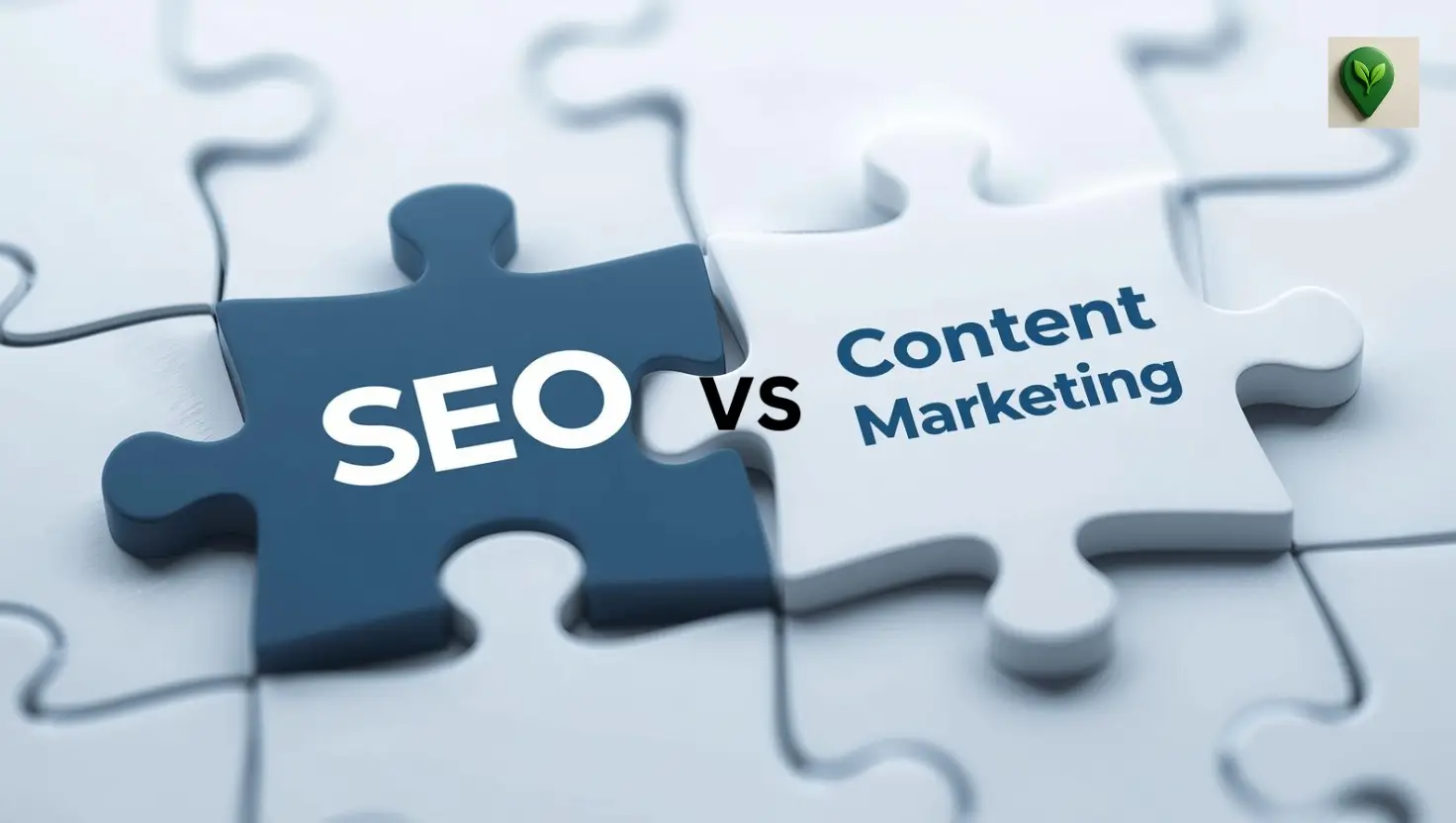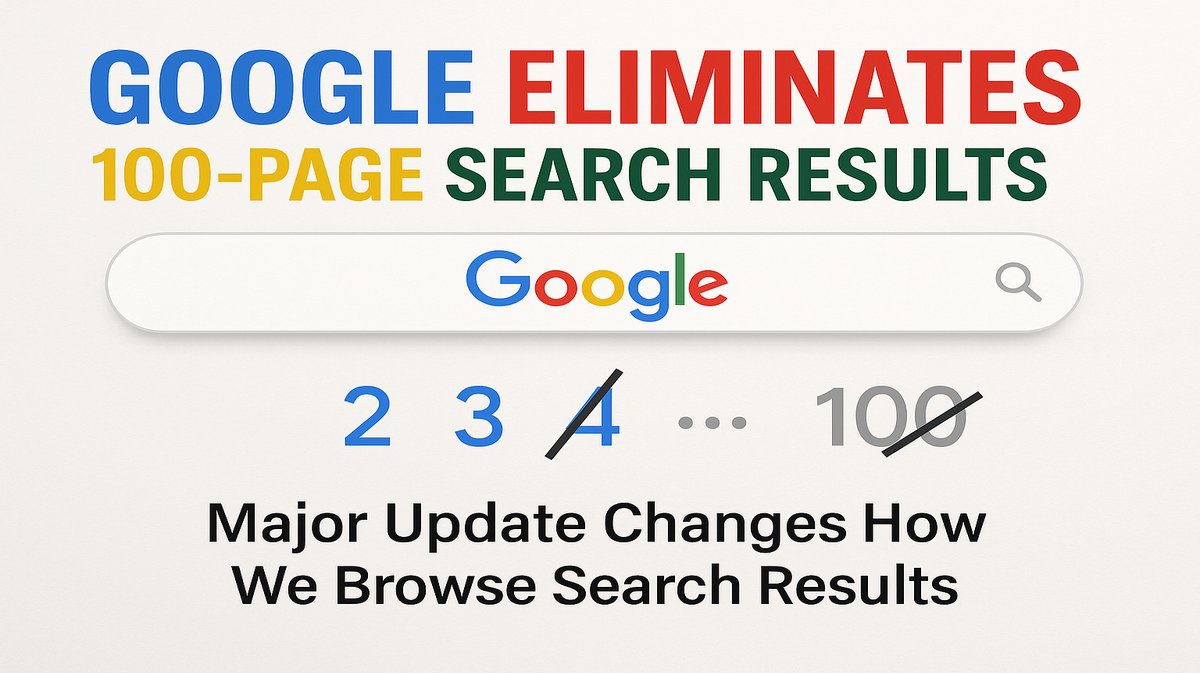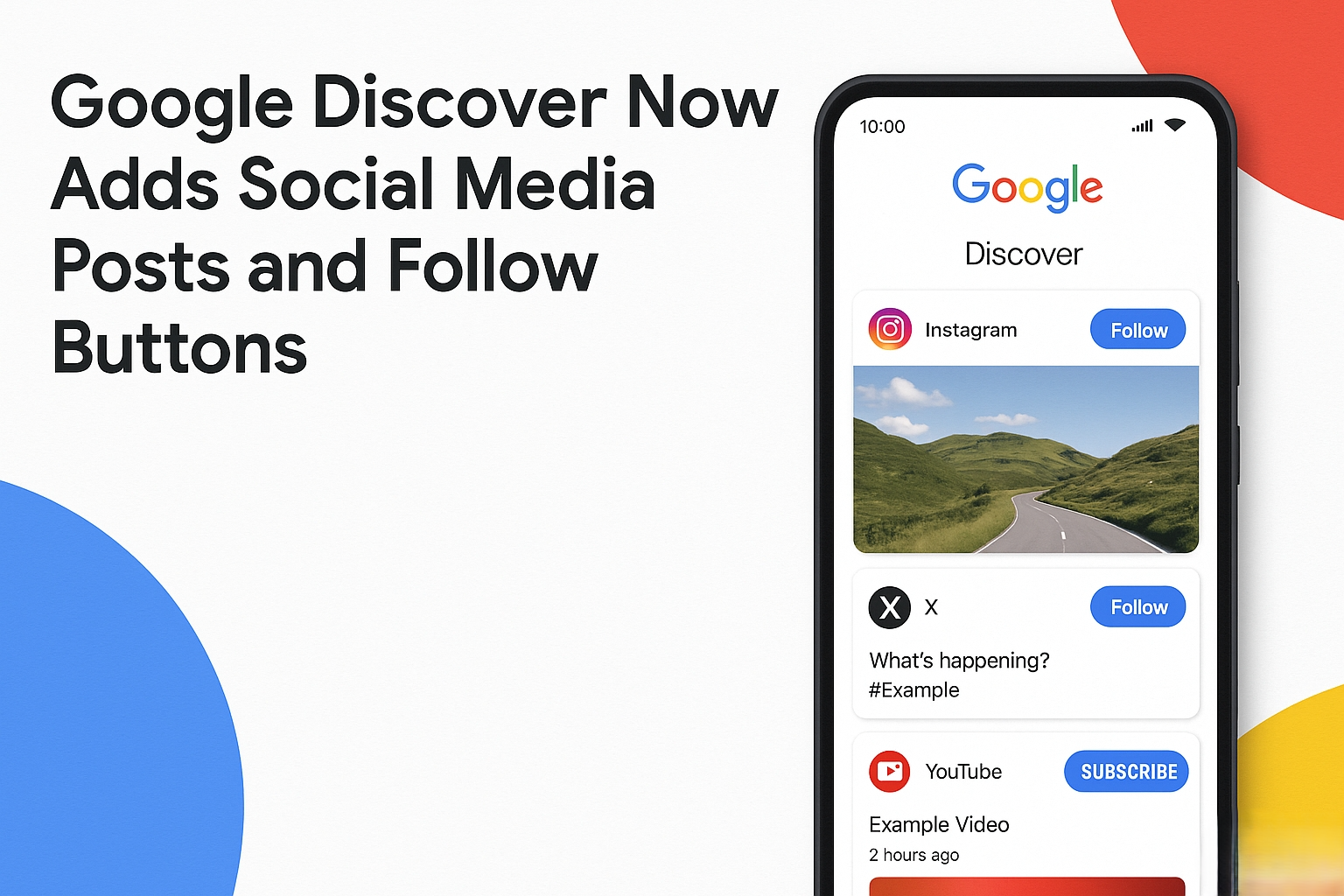They say, Knowledge is power, currently in SEO, data plus intelligence is the real power. This is the outcome when SEO and Generative AI come together. Traditional SEO focused on keyword optimization, backlinks, and ranking signals.
But now, Generative AI is transforming SEO by quickly analyzing intent, creating optimized content, and predicting trends, helping businesses build smarter, human-focused, long-term strategies.
This guide will expand your understanding of how Generative AI is changing the way SEO works, best practices for AI integration, Investment trends in AI, and integrating AI into your SEO strategy.
Table of Contents
ToggleHow Generative AI is Changing the Way SEO Works?
Generative AI is reshaping SEO in ways that go beyond traditional strategies. From ranking algorithms to organic visibility, AI is redefining how businesses should approach search optimization.

Changes in ranking algorithms and keyword research
Generative AI is transforming the foundation of ranking algorithms by prioritizing context, intent, and semantic understanding over keyword matching alone. Search engines are now prioritizing content that directly answers user queries in a natural, human-like way.
This also transforms keyword research. AI-driven searches often take the form of long-tail, conversational queries, such as What’s the best SEO strategy with Generative AI in 2025?
Marketers must adapt by targeting semantic keyword clusters, question-based queries, and natural language phrasing. The emphasis is no longer on keyword density but on content depth and intent alignment.
Effects on organic traffic and search visibility
AI-powered search tools, like Google’s Search Generative Experience (SGE), often display direct AI-generated answers at the top of results. This means users may not always click through to websites, leading to reduced traffic in some cases.
However, this doesn’t mean SEO is dead. Instead, it creates new opportunities for visibility. Websites that optimize for structured data, featured snippets, and authoritative content can secure placement within AI responses.
Best Practices for AI Integration
To maximize the benefits of AI in SEO, adhere to a set of best practices that prioritize quality, ethics, and human collaboration. These guidelines ensure your AI technology strategies are both effective and responsible.

- Human-in-the-Loop: Always maintain human oversight for AI-generated content and recommendations. AI should augment, not replace, human expertise.
Let’s take, for instance, an AI tool that recommends writing about “best skincare routines for Gen Z.”
A content marketer then enhances it with dermatologist insights and real customer stories. This blend ensures the piece is both search-optimized and genuinely human-centered - Focus on Value: Use AI to create content and insights that genuinely add value to your audience, rather than just generating content for content’s sake.
- Data-Driven Decisions: Let AI-generated data and insights inform your strategic decisions, but always apply critical human judgment.
- Ethical AI Use: Be mindful of biases, ensure factual accuracy, and prioritize transparency in your use of AI.
Which AI-Powered SEO Tool Should You Try?
Surfer SEO
When it has to do with content optimization for search engines and AI visibility, Surfer SEO is the tool I trust the most.
It helps you structure your content, optimize for the right keywords, and improve readability while ensuring your article is aligned with what both Google and AI-driven platforms are looking for.
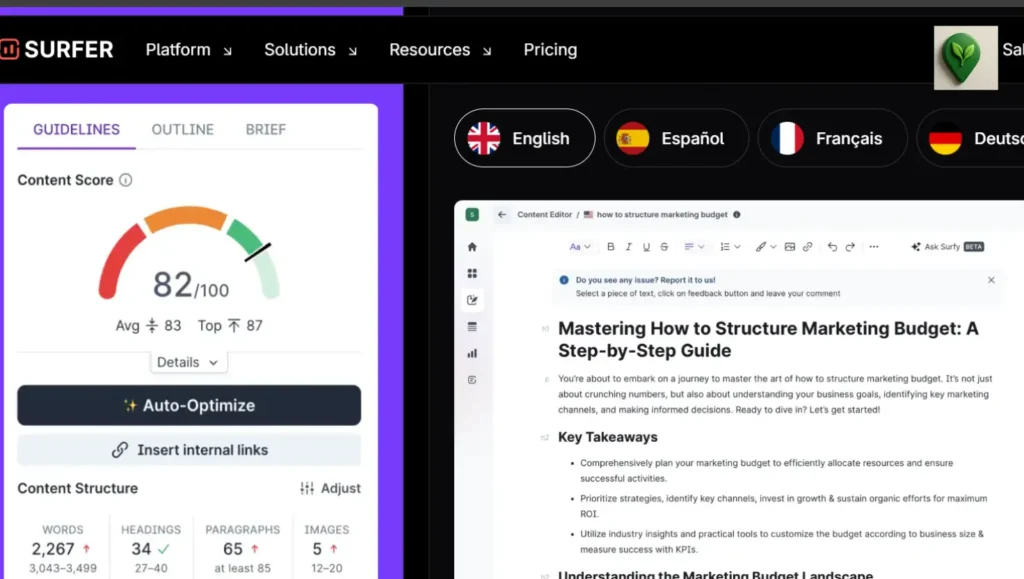
SurferSEO isn’t free, but it’s worth the investment if you’re serious about creating content that consistently performs, optimizing for semantic keywords with precision, tracking your content score as you write, analyzing competitors in real time, and so many other.
You can always explore other tools in the market, but for me, SurferSEO is the gold standard for AI-powered SEO.
Read our blog post: Google Discover Now Adds Social Media Posts & Follow Buttons
Investment Trends in AI for SEO
The increasing recognition of AI’s critical role in SEO is reflected in investment trends. Enterprise SEO specialists are planning increased AI investment, with 82% anticipating more AI funding for SEO activities, according to SeoProfy.
This sustained investment underscores the long-term commitment to integrating AI technology strategies into digital marketing.
| AI Investment and Market Growth Projections | |||
| Metric | 2024 Data | 2030 Projection | Source |
| AI Investments Increase | 62% to $110 Billion | N/A | Synthesia |
| Global AI Market Size | $279.22 Billion | $1.81 Trillion | Synthesia |
| Generative AI Market Value | $44.9 Billion | N/A (2025: $66.9B) | Exploding Topics |
Integrating AI into Your SEO Strategy
Successfully integrating AI technology into your SEO strategy requires a structured approach, moving beyond theoretical understanding to practical application
Phase 1: Assessment and Planning
Before considering utilizing AI tools, a thorough assessment of your current SEO landscape and strategic objectives is crucial. This initial phase sets the foundation for effective AI technology strategies.
- Identify Pain Points: Pinpoint specific SEO tasks that are time-consuming, repetitive, or lack efficiency (e.g., manual keyword research, content gap analysis).
- Define Objectives: Clearly articulate what you aim to achieve with AI integration (e.g., increase organic traffic by X%, reduce content creation time by Y%, improve ranking for Z keywords).
- Evaluate Current Resources: Assess your team’s existing skills and identify any training needs, particularly in prompt engineering and AI tool usage.
- Research AI Tools: Explore various AI technology solutions available for SEO, comparing features, pricing, and integration capabilities with your existing tech stack.
Phase 2: Pilot Implementation and Training
Start with a small-scale pilot project to test AI tools and train your team. This allows for learning and refinement before a broader rollout, embodying AI technology best practices.
- Select a Pilot Project: Choose a specific area for initial AI integration, such as automating meta description generation for a segment of pages or using AI for content outlines for a new blog series.
- Train Your Team: Provide comprehensive training on selected AI tools, focusing on effective prompt engineering, ethical AI usage, and how to review AI-generated outputs for quality and accuracy.
- Establish Workflows: Define clear workflows that integrate AI tools into existing SEO processes, outlining responsibilities for human oversight and refinement.
- Monitor and Gather Feedback: Closely monitor the performance of the pilot project and gather feedback from the team on the usability and effectiveness of the AI tools.
Read Next: SEO vs Content Marketing: What Drives More Growth
Phase 3: Scaling and Continuous Optimization
Once the pilot is successful, gradually scale AI integration across more aspects of your SEO strategy. Continuous monitoring and adaptation are key to long-term success in the dynamic AI-driven landscape.
- Expand AI Usage: Roll out AI tools to more SEO tasks, such as comprehensive content creation, technical SEO audits, or advanced competitor analysis.
- Refine AI Prompts and Models: Continuously refine your AI prompts and configurations based on performance data and feedback, optimizing for better outputs.
- Integrate with Analytics: Ensure AI-generated insights are integrated with your analytics platforms to provide a holistic view of performance and inform strategic decisions.
- Stay Updated: The field of AI technology trends is rapidly evolving. Regularly review new tools, models, and best practices to keep your strategy cutting-edge.
Conclusion
Despite the fast pace of change in search, one truth remains, SEO is a marathon, not a sprint. Generative AI isn’t replacing SEO, it’s reshaping it. By blending human creativity with AI-driven insights, businesses can build smarter, intent-focused strategies that last.
The future belongs to those who adapt, experiment, and keep people, not just algorithms, at the heart of their SEO.
Frequently Asked Questions
What are the primary benefits of using generative AI in SEO?
Generative AI offers significant benefits, including increased efficiency by automating repetitive tasks, enhanced content creation capabilities, and improved content quality through data-driven insights.
It also helps in adapting to new AI search ecosystems and achieving higher organic traffic and conversion rates, as evidenced by a 45% increase in organic traffic for some companies.
What is prompt engineering, and why is it important for AI SEO?
Prompt engineering is the art and science of crafting effective instructions or “prompts” for generative AI models to produce desired outputs.
It’s crucial for AI SEO because the quality of AI-generated content and insights directly depends on the clarity and specificity of the prompts. Training in prompt engineering is essential for maximizing the impact of AI technology.
Is AI-generated content penalized by search engines?
Search engines generally do not penalize content solely because it was AI-generated. The key is the quality, originality, and helpfulness of the content. If AI-generated content is low-quality, spammy, or lacks originality, it may perform poorly.
How can I ensure my AI-generated content is unique and not plagiarized?
To ensure uniqueness, always use plagiarism checkers on AI-generated content. Additionally, please provide specific and detailed prompts to AI, encouraging it to generate original perspectives or synthesize information in new ways.
Human editing and adding unique insights are crucial steps to ensure the content is distinctive and valuable, aligning with AI technology best practices.
What is the market size of generative AI?
The generative AI market was valued at approximately $44.9 billion in 2024 and is projected to exceed $66.9 billion (Statista) by the end of 2025.
This rapid growth underscores the significant investment and adoption of generative AI technology across various industries, including SEO.

Ozoemena Victor helps tech brands grow organic traffic & search visibility 5x+ with SEO, quality content & AI-driven insights.
Technical SEO Consultant & Content Strategist/Writer.

